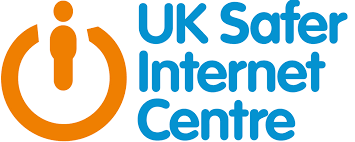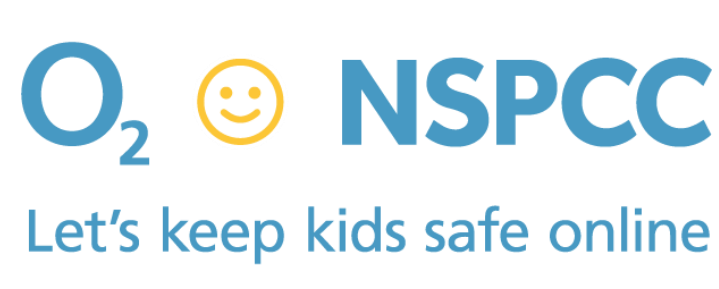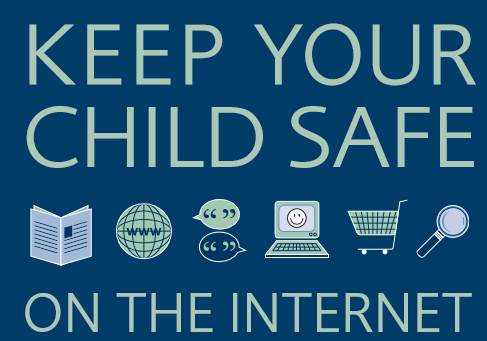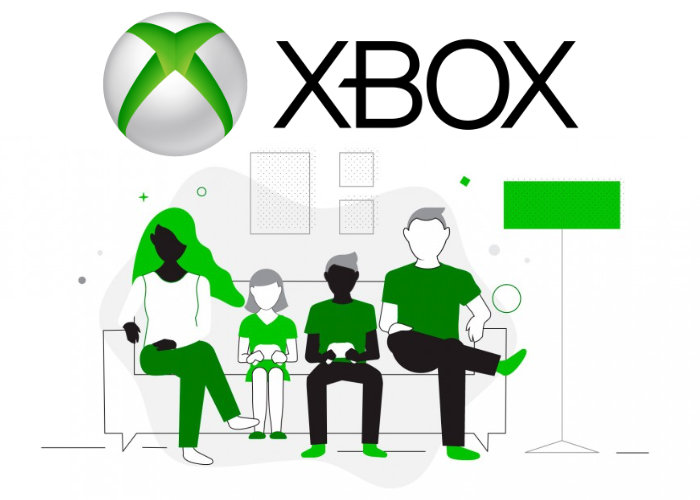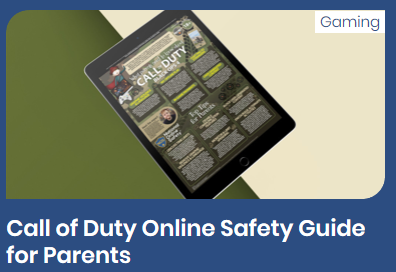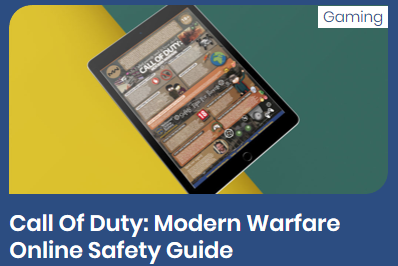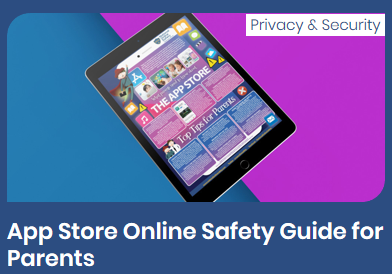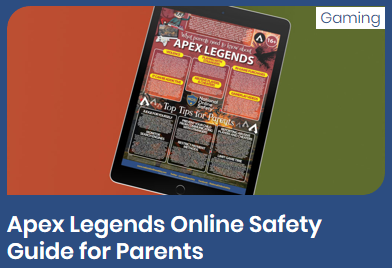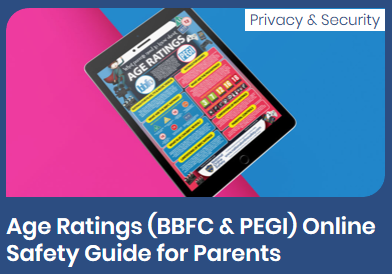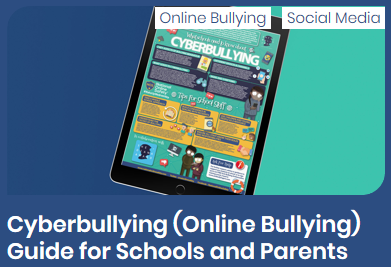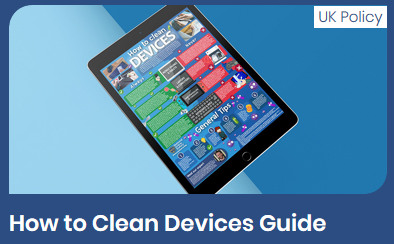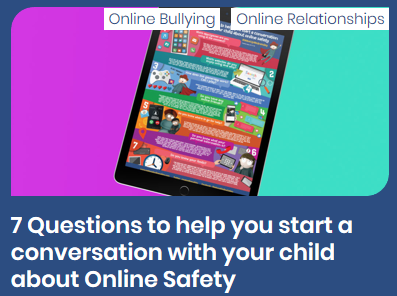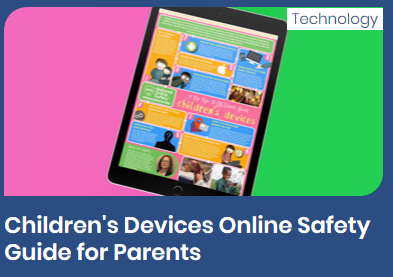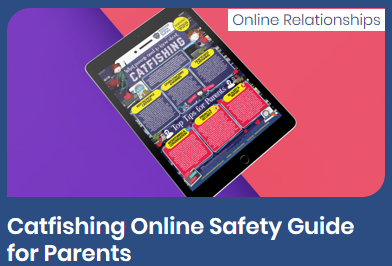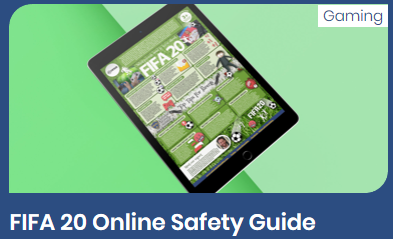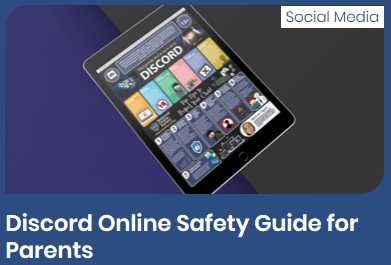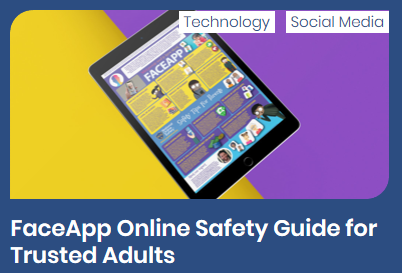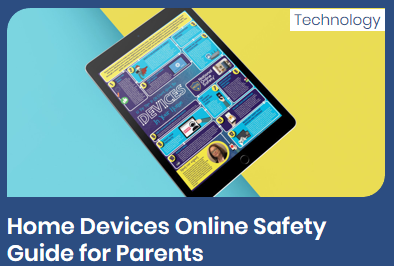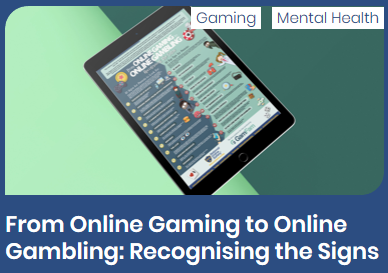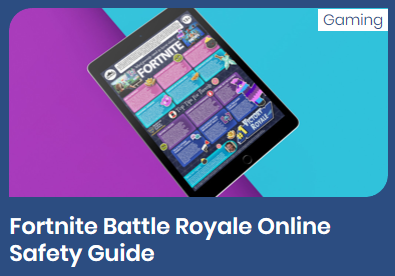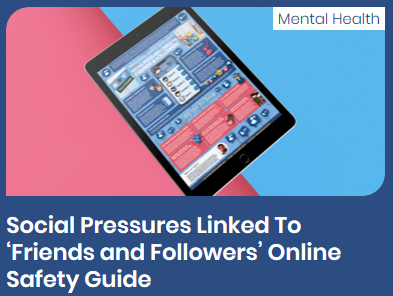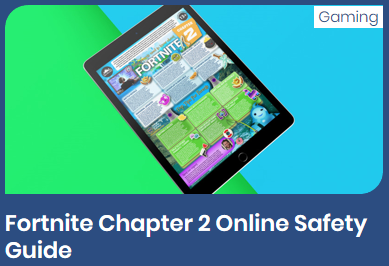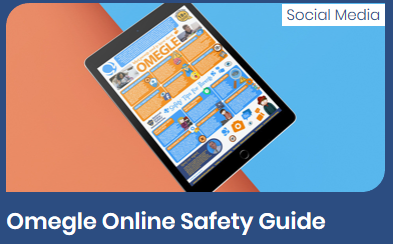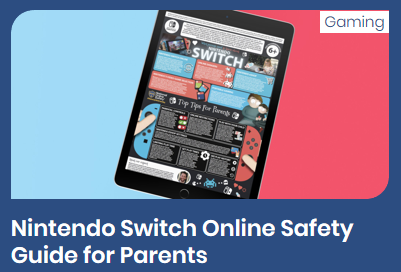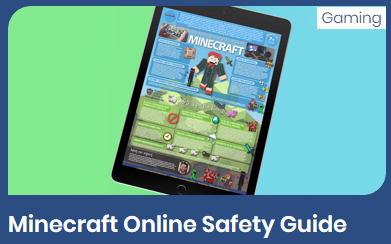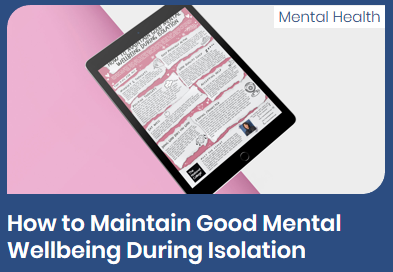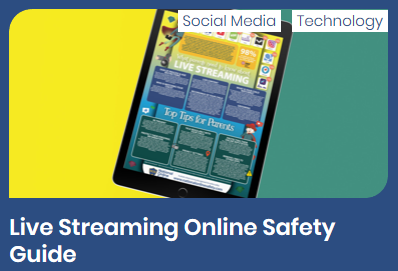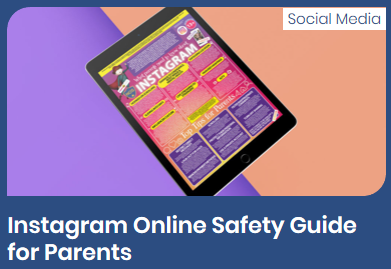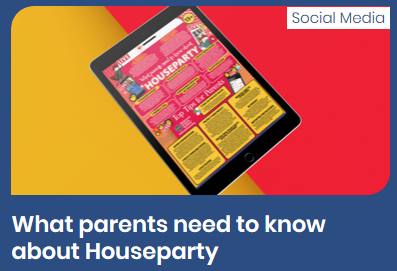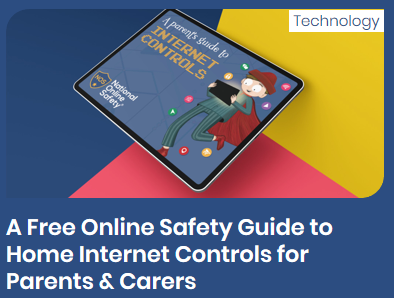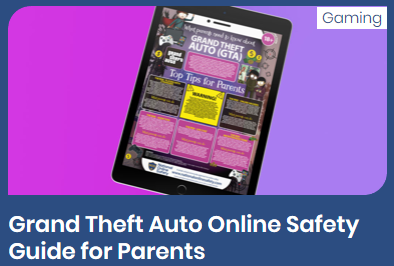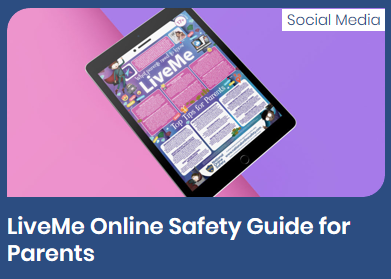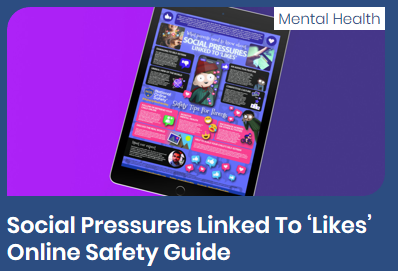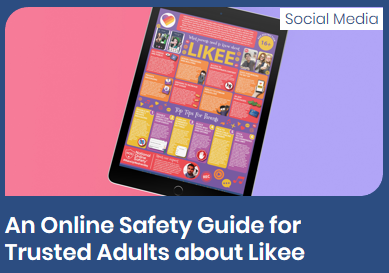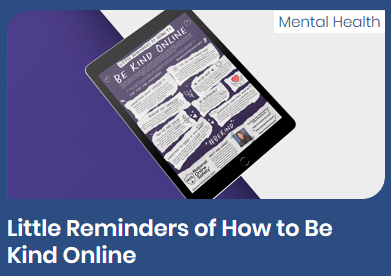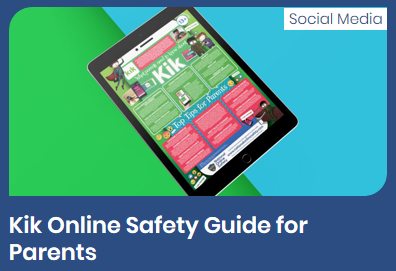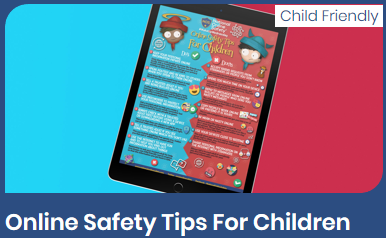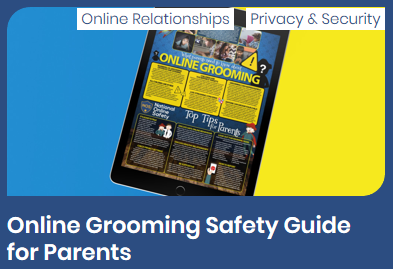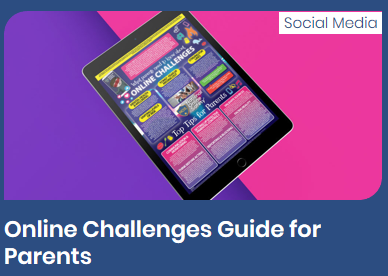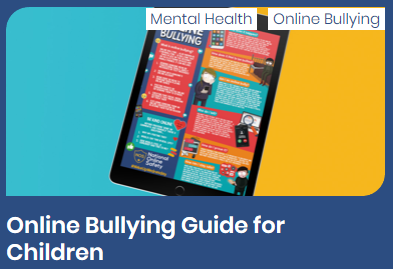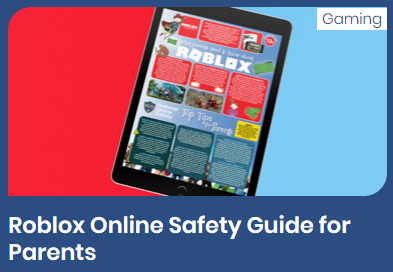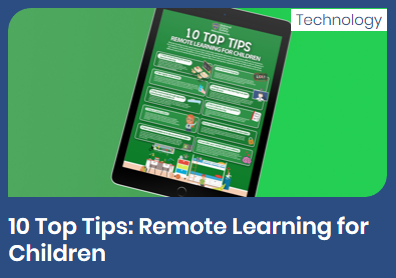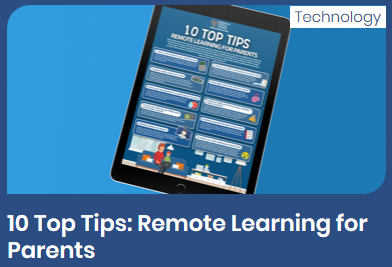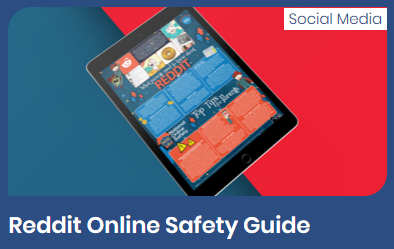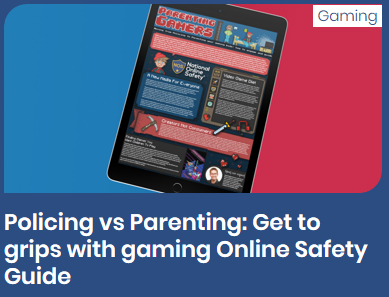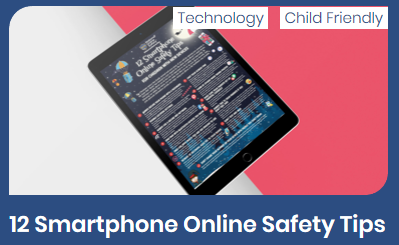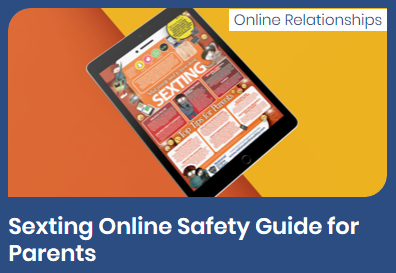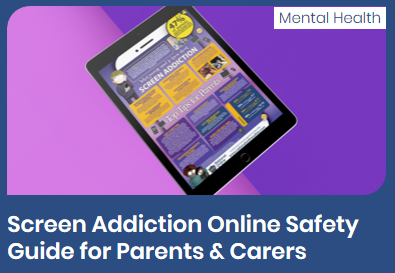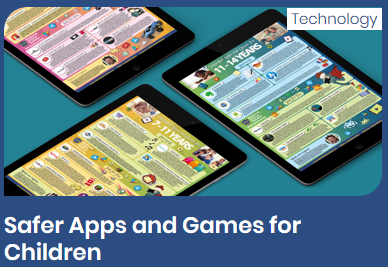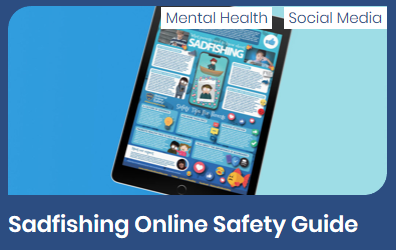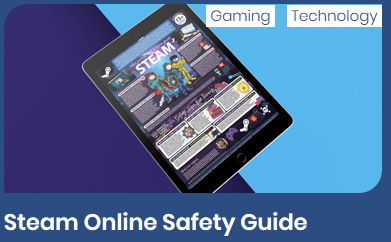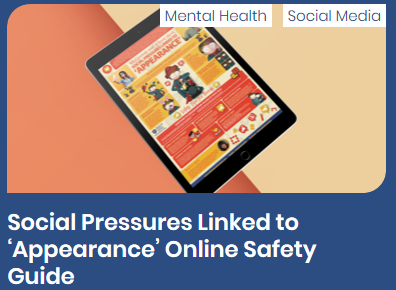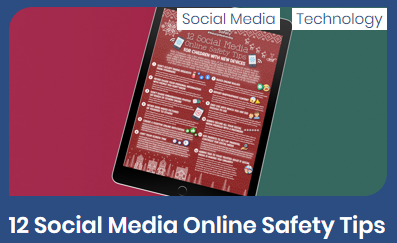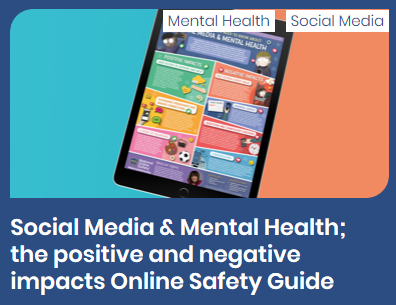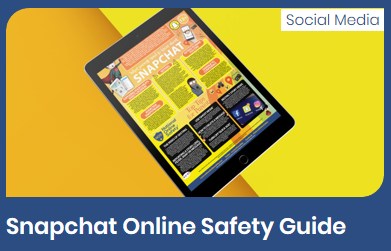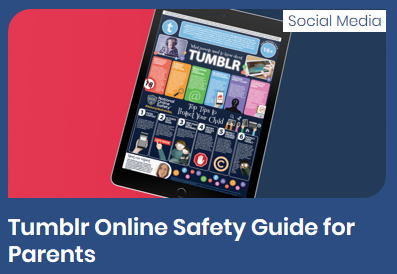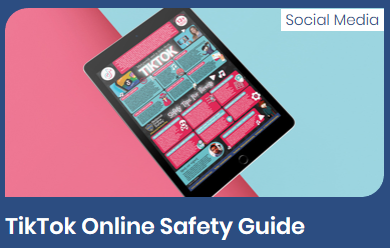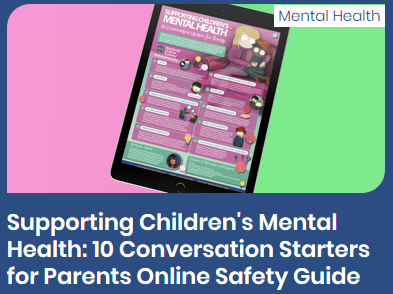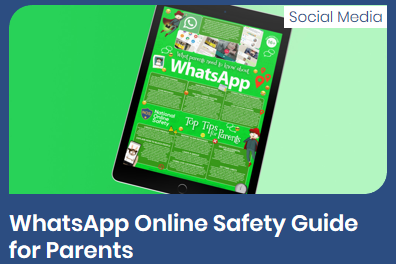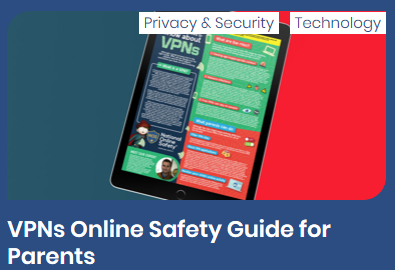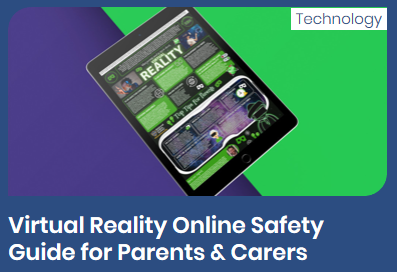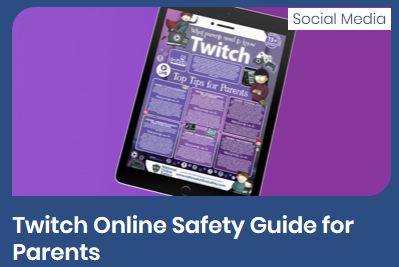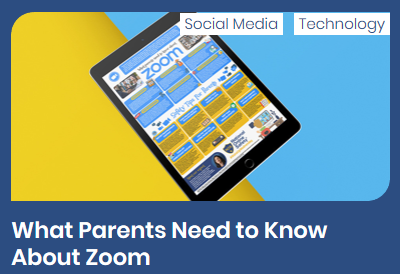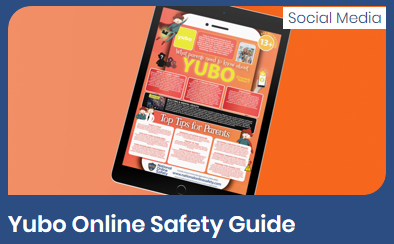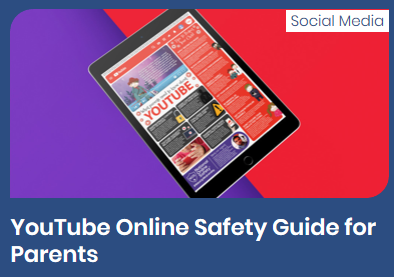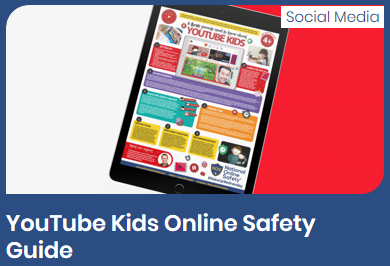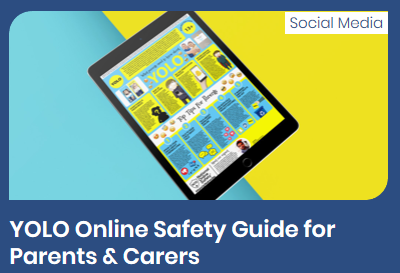Online Safety
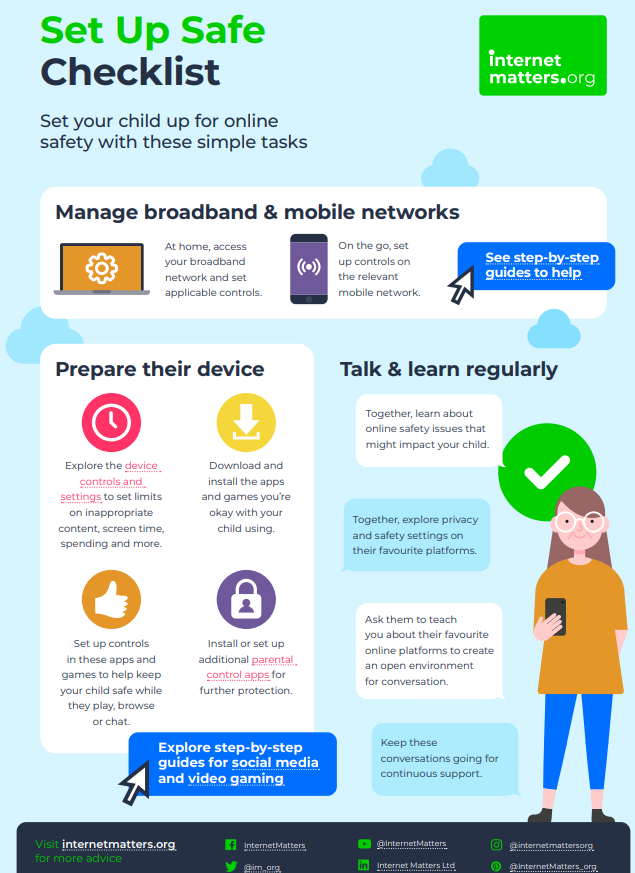
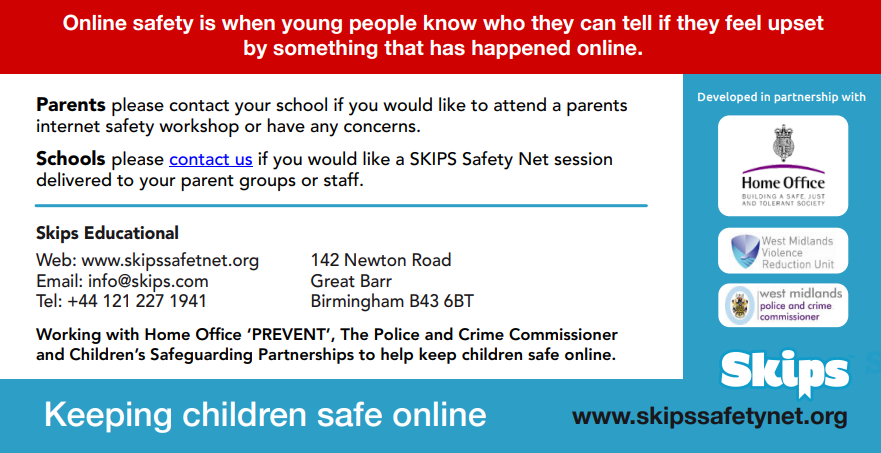
At Alexandra Junior School, we teach your children to be safe and to understand what to do if they are ever in a position when they feel unsafe.
During their time at home with you, we want to continue to support the children in making good decisions when it comes to their safety, particularly their online safety.
In school, we teach your children to be SMART:
Keep SHARE RESPONSIBLY – be careful not to give out personal information
Don’t MANAGE YOUR PRIVACY – check your privacy settings
ASK FOR HELP – It’s OK to say you need help
RESPECT OTHERS – People have different opinions and they may be different to yours
THINK CRITICALLY and TRUST YOUR INSTINCT – Always question. Look for ways to check the information

Whilst the children are at home with you, we are providing them with work from trusted websites. If the children work from those websites, they will not come across anything which makes them feel worried or feel unsafe, however, whilst using other websites or when playing online games where they are communicating with others, they may need your support in dealing with anything that makes them feel worried or unsafe. Below are some useful websites that can help you to support your child at this time.
- Internet matters – for support for parents and carers to keep their children safe online
- London Grid for Learning – for support for parents and carers to keep their children safe online
- Net-aware – for support for parents and careers from the NSPCC
- Parent info – for support for parents and carers to keep their children safe online
- Thinkuknow – for advice from the National Crime Agency to stay safe online
- UK Safer Internet Centre – advice for parents and carers
If you would like further support or want to report any form of online bullying, please do so through office@alexandrajunior.co.uk
In School
When planning and teaching computing at Alexandra Junior School, we believe that it is an essential part of the curriculum; a subject that not only stands alone, but is woven within, and should be, an integral part of all learning.
Computing, in general, is a significant part of everyone’s daily life and children should be at the forefront of new technology with a thirst for learning about the wider world. Computing within our school can therefore provide a wealth of learning opportunities and transferrable skills whether taught explicitly within the Computing lesson or across other curriculum subjects.
Through the study of Computing, the children will be able to develop a wide range of fundamental skills, knowledge and understanding that will actually equip them for the rest of their life. Computers and technology are such a part of everyday life that our children would be at a disadvantage if they were not exposed to a thorough and robust computing curriculum. Children must be taught ‘Computational Thinking’ in order to provide them with essential knowledge that will enable them to participate effectively and safely in the digital world beyond our gates.
Age Restrictions for Social Media
13
Facebook
Instagram
Snapchat
Twitter
Pintrest
Tumblr
Reddit
14
16
18
Tik Tok
YouTube
Four Square
WeChat
Kik
Flickr
Vine
Tinder
Here is what our children say about the way that our school helps to support them both at home and at school.
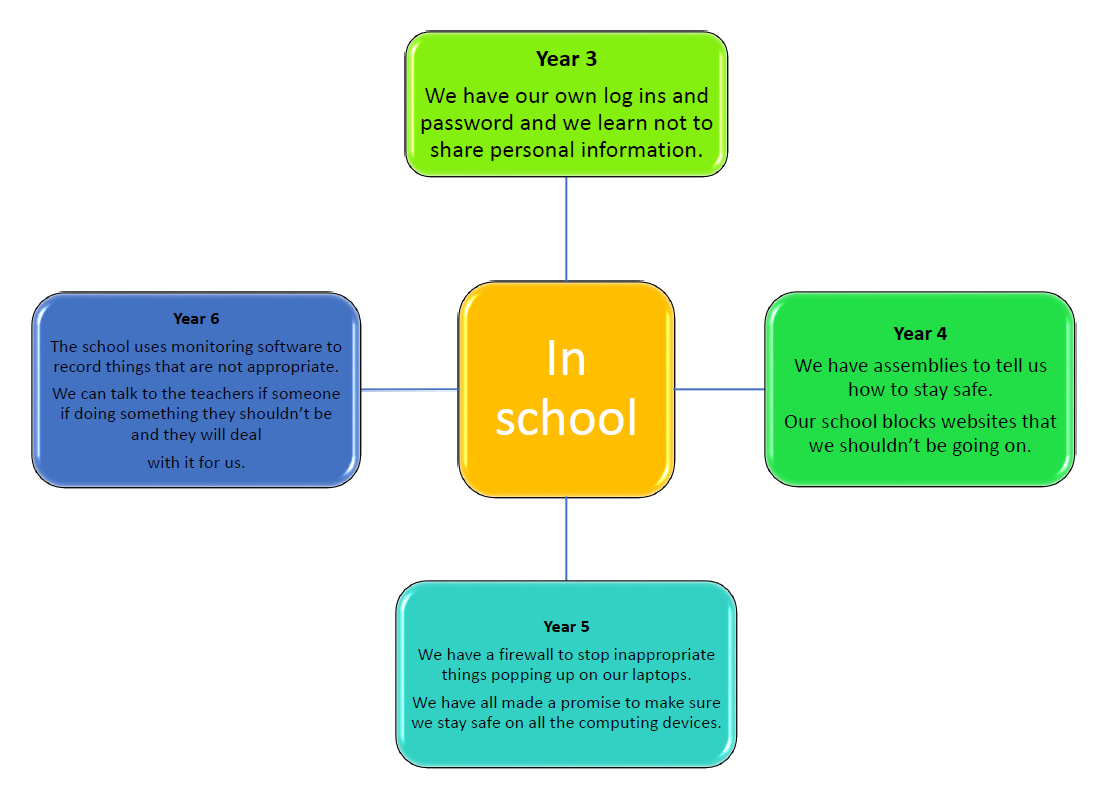
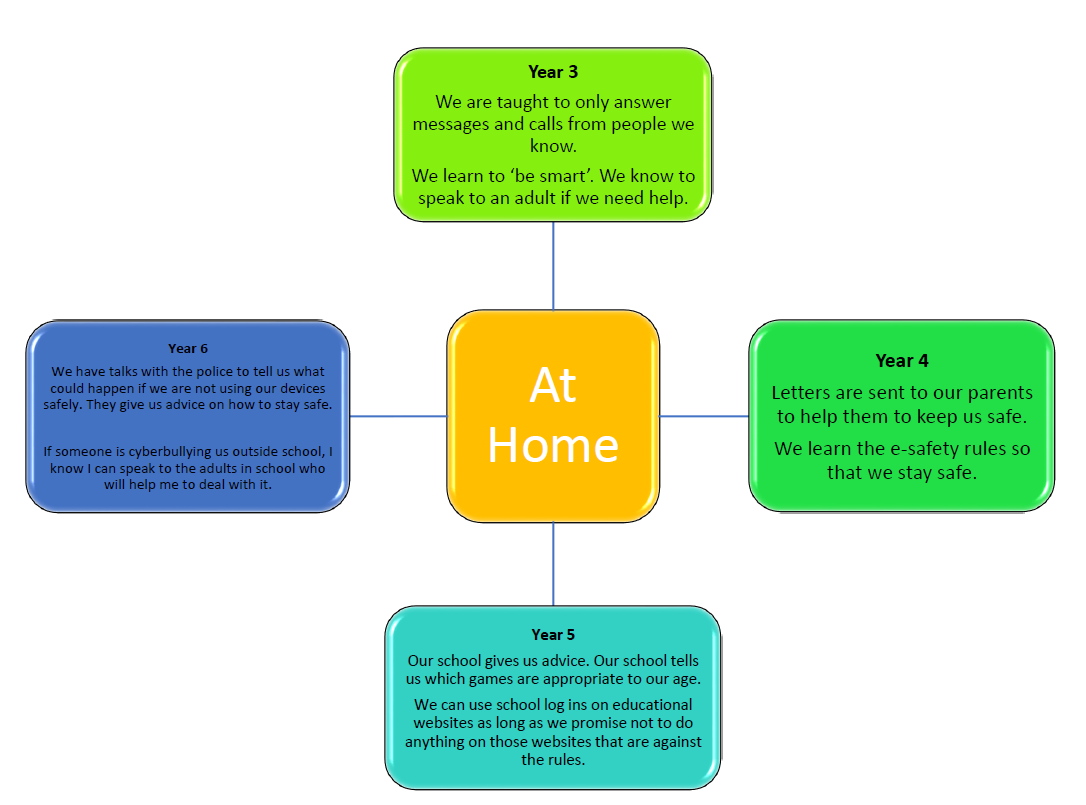
Parents
As a parent or carer you play a key role in helping your child to stay safe online.
You don’t need to be an expert on the internet you help to keep your child stay safe online.
Below are links to websites to support your child to use the internet safely, responsibly and positively.
Parent Guides
National Online Safety Guides
We have collected together all the guides which we think you will find helpful in supporting your family in using technology safely. Simply click on the button to open up the leaflet or document that you can either read online or print off.

